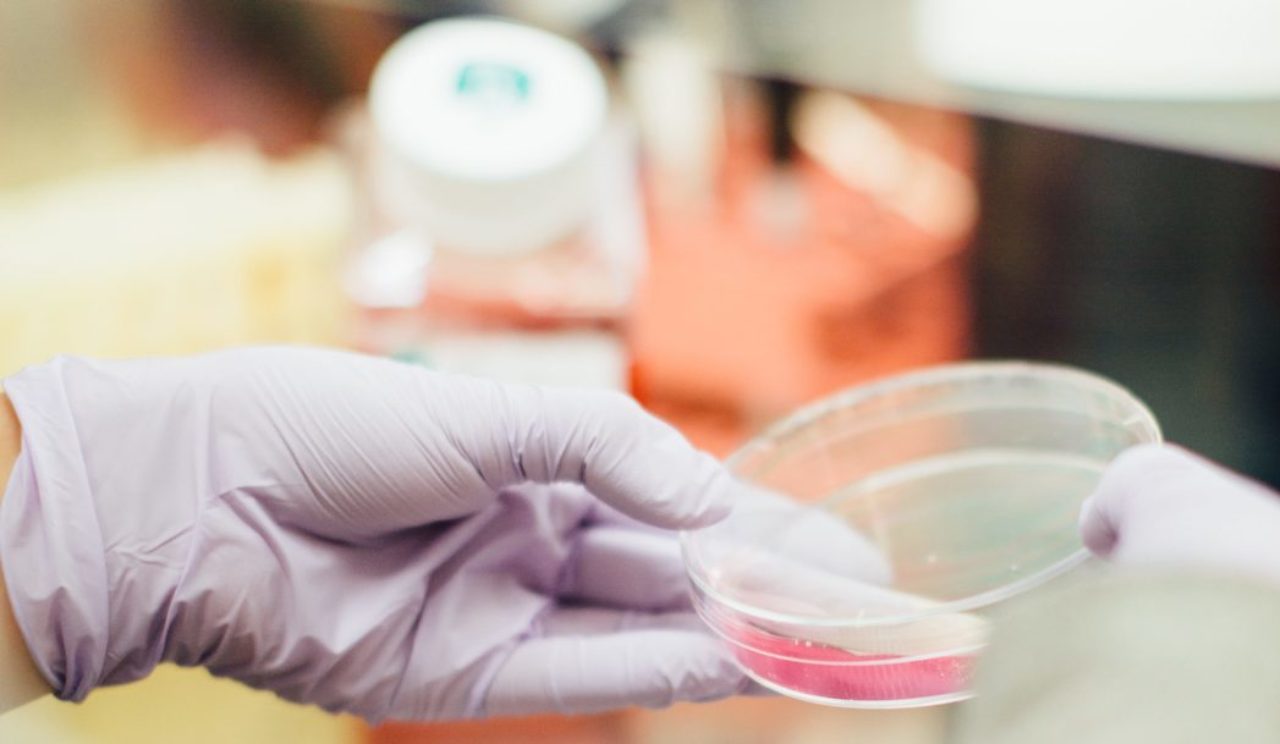Biology MS

This curriculum is designed for students who plan to attend graduate school and for students who wish to prepare for admission to a school of medicine, dentistry, optometry, pharmacy, osteopathy, podiatry, veterinary medicine or chiropractic, as well as those not planning to take an advanced degree in biology.
Admission requirements
- Graduation from an accredited college or university with a 3.00 cumulative grade point ratio and at least 24 semester hours in biology and a general program, including related scientific subjects, which would be equivalent to the biology major offered for the Bachelor of Science degree at Fairleigh Dickinson University. Students who are deficient in some subject, but whose records are otherwise superior, may make up their deficiencies while they are enrolled in the graduate program.
- Undergraduate academic attainment in biology, which meets with the approval of the graduate biology faculty.
- Resume and personal statement is required for a Masters in Biology.
- GRE is optional.
- Three letters of recommendation.
Applicants who have not completed all requirements for admission to the degree program may be permitted to enroll in classes for credit on a non-matriculated or non-degree basis.
Degree Plan
- Satisfactory completion of a minimum of 32 credits in the courses approved for a graduate major in biology. A minimum of 20 credits must be taken in biological sciences. A maximum of 6 credits may be transferred from another institution with the permission of the school director if these credits are not part of an existing master’s degree. In addition, courses may be taken in other colleges and campuses of the University, with the director’s permission.
- Before a student may register beyond 9 credits, he or she is required to obtain a biology adviser. The adviser will help the student select courses most appropriate for the student’s needs and interests. Ideally, the student will select a faculty member in the area of interest most closely paralleling his or her own. This faculty member also may serve as the student’s mentor.
- Students have the option of completing their degrees with or without a research option. Students electing to do the research and the thesis option must take the 4-credit sequence consisting of:
Required biology courses (2 credits)
(With or without the research option above of 2 credits.)
The following 1-credit courses are both required and must be taken in the fall and spring semesters.
Elective courses (30 credits)
These courses may include additional graduate biology courses, independent studies, or other graduate chemistry or science sources that would fulfill a student’s specific needs as approved by the graduate advisor and director for the Master of Science in Biology.
Choose from the following courses. All the courses are 3 credits unless otherwise indicated.
- BIOL5306 Immunology
- BIOL6240 Molecular Cell Biology, 4 credits
- BIOL6241 Molecular Cell Biology Lab, 0 credits
- BIOL6705 Advances in Cell Biology
- BIOL6724 Human Genetics
- BIOL6725 Human Evolution
- BIOL6728 Bioethics
- BIOL6733 Enzymology
- BIOL6740 Molecular Endocrinology
- BIOL6743 Topics in Bioinformatics, 4 credits
- BIOL6744 Topics in Bioinformatics Lab, 0 credits
- BIOL6761 Advances in Microbiology
- BIOL6771 Behavioral Ecology
- BIOL6775 Physiological Ecology
- BIOL6779 Darwinian Medicine
- BIOL6845 Molecular Biology Techniques, 4 credits
- BIOL6846 Molecular Biology Techniques Lab, 0 credits
- BIOL6888 Physiology of Disease
- BIOL6892 Human Physiology
- ENVR6552 Environmental Risk Assessment
- ENVR6569 Wetland and Watershed Resources
Students have the option of completing their degrees with or without a research option. Students electing to do the research and the thesis option must take the 4-credit sequence consisting of:
Undergraduate students
Senior undergraduate students with a 3.00 grade point ratio (GPR) may take graduate courses for undergraduate credit with permission of the instructor.
Business Concentration Courses (12 credits)
Twelve credits may be selected from the above listed elective course for the business concentration for the Master of Science in Biology degree as approved by the graduate advisor and director.
The 5000 level business concentration elective courses are pre-requisites for the 6000 level courses. Chosen course elective must be completed with a minimum grade of C.
- ACCT5012 Financial Accounting: End-User App
- ACCT6012 Managerial Accounting Applications
- ECON5012 Economic Analysis
- ECON6012 Managerial Economics
- ENTR6012 Entrepreneurship and Innovation
- LAW6012 Society Ethics Legal Environment Law
- LAW6657 Applied Business Law
- MGMT5012 Foundations of Management
- MGMT6012 Organizational Behavior and Leadership
- MGMT6112 Managing Sustainability
- MGMT6621 Strategic Human Resource Management
- MKTG5012 Marketing Principles
- MKTG6012 Strategic Marketing
- MKTG6112 Social Media Strategy
Biotechnology Concentration Courses (14 credits)
Choose from the following free elective courses. All the courses are 3 credits unless otherwise indicated.
- BIOL6240 Molecular Cell Biology, 4 credits
- BIOL6241 Molecular Cell Biology Lab, 0 credits
- BIOL6705 Advances in Cell Biology
- BIOL6724 Human Genetics
- BIOL6719 Developmental Genetics
- BIOL6745 Endocrinology
- BIOL6747 Bio-techniques, 3 credits
- BIOL6748 Bio-techniques Lab, 0 credits
- BIOL6728 Bioethics
- BIOL6733 Enzymology
- BIOL6761 Advances in Microbiology
- BIOL6661 Advanced Microbiology Lab, 2 credits
- BIOL6756 Dermal Pharmacology/Immunology
- BIOL6758 Advances in Pharmacology
- BIOL6760 Virology
- BIOL6772 Ecotoxicology
- BIOL6632 Selected Studies in Biology
Students have the option of completing their degrees with or without a research option. Students electing to do the research and the thesis option must take the 4-credit sequence consisting of: